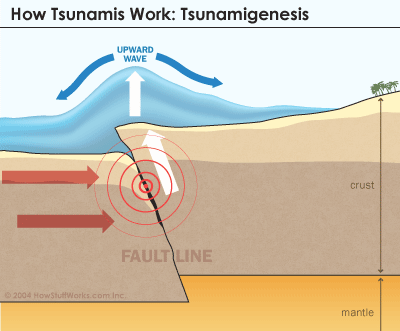Endangered: Ocean reefs.
According to ecoworld.com: “One of the most compelling reasons to report on the oceans is because it is here that sweeping changes are happening now, not in 50-100 years. The final destruction of the major ocean reef habitats as well as the collapse of major fish populations is well underway. As of 2007, both may be destroyed beyond repair within a few years.”
That’s the bad news. The good news, the site states, is that this doesn’t have to happen. “Where coral reefs have been protected from destructive fishing practices, they have often begun to show signs of revitalization within a few years.
If overfishing were stopped with some strong international agreements, within a few years many fisheries would again begin to yield sustainable harvests larger than today’s unsustainable harvests.”
In fact, writes Daniela Muhawi on the site, “What happens to the oceans affects us more than changes to the land or air. Most marine animals are found near coral reefs. These colorful underwater forests naturally spring to mind with the mention of scuba diving or underwater life. Conservation International, one of the world’s largest organizations dedicated to habitat and species conservation, describes these habitats: ‘Coral reefs are constructed by living plants and animals, primarily corals that surround their small anemone-like tentacles in a hard skeleton that forms much of the reef structure.”
“There is also a clear connection between tsunamis and storm events having a much greater impact on eroding coast lines than healthy ones. Healthy reefs protect coastlines from the damage of massive waves. During the recent tsunami in Indonesia, for example, coastlines protected by reefs and mangrove forests remained intact and experienced much less impact than coasts that did not have reefs [to defend against oncoming waves].”
Pollution, the site states, is a major threat to the ocean. “Pollution comes in many forms and shapes, but most have one thing in common: Almost all ocean pollutants stem from land based human activity. Waste produced on land eventually finds its way to the ocean. It is not uncommon to find beaches littered with plastic bags and bottles that finally came to rest on shores. Rivers carry dirt, oils, sewage and chemicals out to sea. Garbage also finds its way to ocean. Seeing plastic bags floating around the water instead of fish is not a pretty sight. Washed up garbage on the sand will definitely ruin a nice beach vacation. With many third-world countries relying on tourism for income, it is important to maintain the ocean and beaches in as pristine a condition as possible.”
It’s hard to think that a water mass as vast as an ocean, which constantly churns and filters out pollutants, could be affected by pollution. For that to be happening, there must be an incredible amount of garbage and pollutants being dispersed into oceans worldwide. At GreenDustries, we are taking big steps to ensure that our environmental footprint does not impact such sensitive ecosystems. We are one company against a world of oceans and it is our hope that combined with other companies and citizens, we can reverse these disturbing trends and help to ensure the vitality of these systems for hundreds of years to come.
Visitors: 6015





No comments yet.